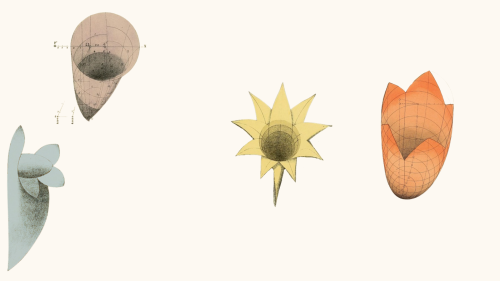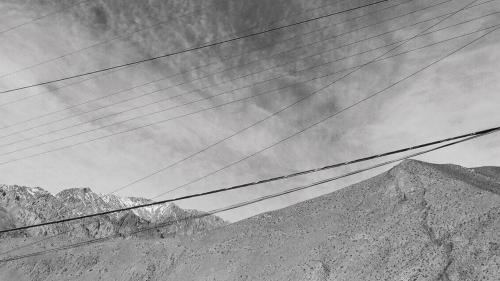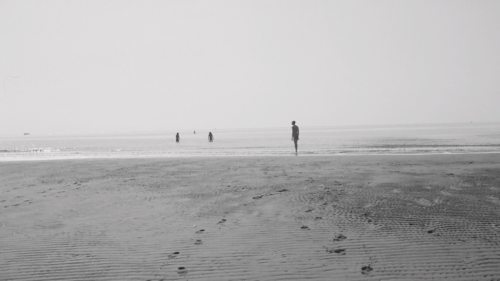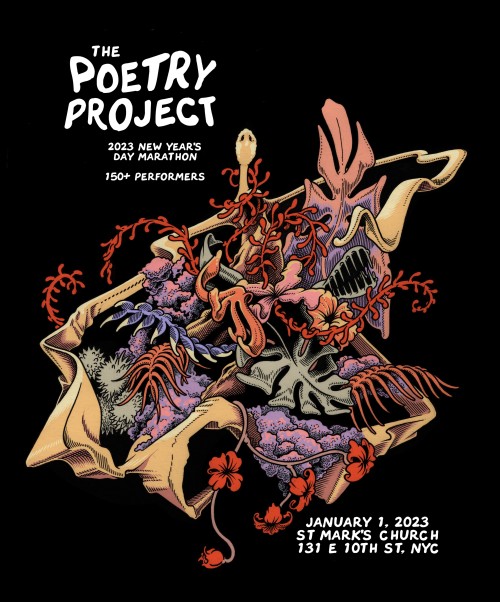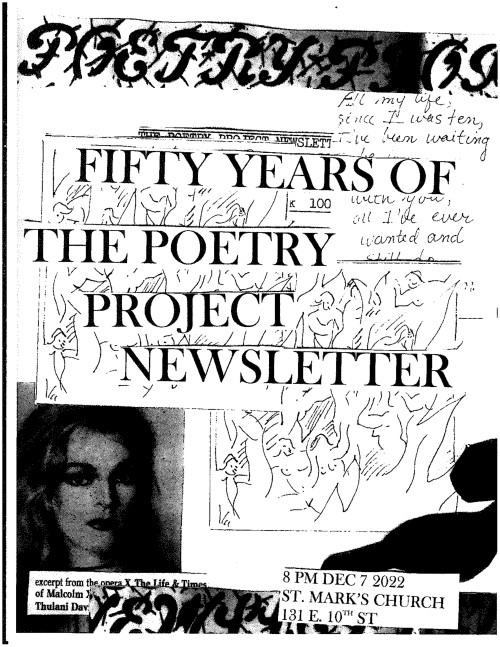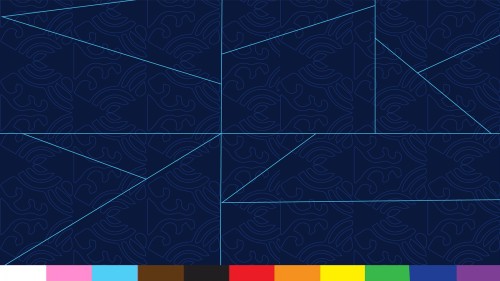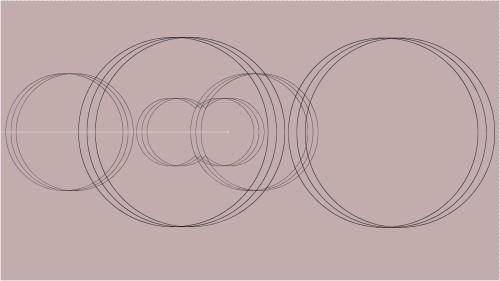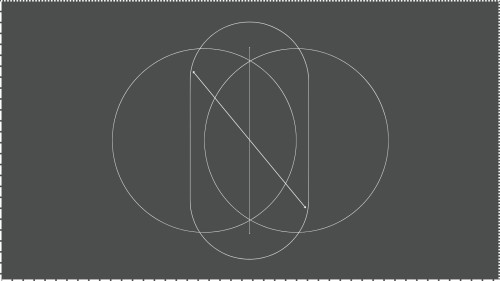Irene Silt & Syd Staiti
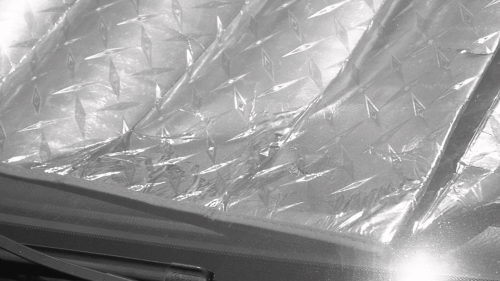

“In English, the word nostalgia implies a trivializing romantic sentimentality…. [In Greek] nostalghiá is the desire and or longing with burning pain to journey. [It] evokes the sensory dimension of memory in exile and estrangement…”
(c nadia seremetakis)
You send your ex’s new ex-girlfriend a terrible-to-the-point-of-unreadable scan of a beautiful essay. She sends you back a nice jstor download version (“just to send to someone else”) and puts your gratitude for it in a poem (“this beautiful nonscan”), to slip past you unheard weeks later at a reading. You share the nice jstor version across an exchange with a beloved artist that lasts no more than two emails. But you get a new pdf out of it, like chainmail. And, in sending, see yourself with affection.
The flirtatious gesture of communicating ourselves to another through the work of someone else (let’s call it transmission, via pdf, screenshot, copy/paste) — a gesture that reveals as much as it obscures. How can we use this move as poetic methodology to cruise future-us / integrate the unassimilated knowledge of the last 3 years? What can nostalgia (in all its meanings), desire vs pleasure, gay communism, and piles of candy teach us about what raw realities we might transmit? What do we really need to be known?
In this Dis/Course, drawing on the work of Felix Gonzalez-Torres and others, we’ll drag readings/prompts/archives/sensory longing over our serrated edges and transmiss it into monuments — in candy form and otherwise — to what remains too hot to touch.
Potentially, passages/pieces from: C Nadia Seremetakis, Ashton Crawley, David Deitcher, Marlene McCarty, David Wojnarowicz, Felix Gonzalez-Torres, Julie Tolentino, Samuel Delany, Hannah Black, Ross Laycock, Care Collective, The Poetry Project archive, Gay Communism, Health Communism + others.
This Dis/Course meeting is currently full. You can register for the waitlist via the link above.
xx
This program was funded in part by Humanities New York with support from the National Endowment for the Humanities. Any views, findings, conclusions or recommendations expressed in this program do not necessarily represent those of the National Endowment for the Humanities.

